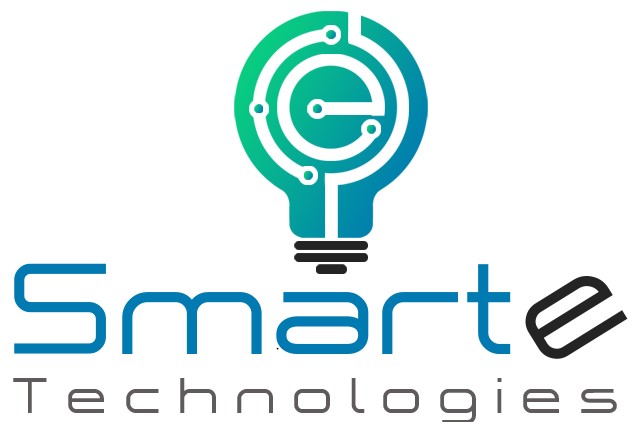High-performance computing (HPC) is essential for scientific research, AI development, and
big data analytics. However, the increasing demand for computational power leads to
significant energy consumption. Optimizing power efficiency in HPC is crucial to achieving
a balance between performance and sustainability.
Dynamic Power Management
One of the most effective strategies for energy-efficient HPC is dynamic power
management. Modern processors and accelerators are designed with power-saving modes
that adjust power consumption based on workload intensity. Adaptive voltage scaling (AVS)
and dynamic frequency scaling (DFS) help regulate energy usage without compromising
computing performance.
AI-Driven Energy Optimization
Artificial intelligence is playing a growing role in power optimization for HPC systems. AI-
driven algorithms analyze energy consumption patterns and adjust computing workloads
dynamically to maximize efficiency. Cloud-based HPC solutions also leverage AI to
distribute workloads across energy-efficient data centers, reducing electricity costs and
enhancing performance.
Advanced Cooling Solutions
Cooling systems in HPC infrastructure consume a significant portion of total energy usage.
Newer liquid cooling techniques and immersive cooling solutions help reduce thermal
inefficiencies, ensuring that data centers operate at optimal temperatures with reduced power
requirements.
Hardware Innovations
Low-power processors, high-efficiency GPUs, and solid-state memory technologies
contribute to sustainable computing. Modern ARM-based architectures are emerging as
viable alternatives to traditional x86-based HPC platforms, offering power-efficient
computing capabilities.
At Smart E Technologies, we remain committed to developing and supporting energy-
efficient HPC solutions that maximize computing power while minimizing environmental
impact.
High-performance computing (HPC) is crucial for scientific research, AI development, and
big data analytics. However, the demand for computational power also increases energy
consumption. Optimizing power efficiency in HPC is essential to balance performance with
sustainability.
One of the primary strategies for power-efficient HPC is dynamic power management.
Modern processors are designed to adjust power consumption based on workload intensity,
reducing unnecessary energy use. Power-efficient data centers implement advanced cooling
techniques and optimized workload scheduling to reduce electricity consumption.
Additionally, AI-driven optimization is being used to manage power usage in real-time. AI
models analyze energy consumption patterns and optimize hardware usage accordingly.
Cloud-based HPC solutions also contribute to efficiency by distributing workloads
dynamically across energy-efficient data centers.
Another approach to enhancing power efficiency is hardware-level improvements. The
development of low-power processors, GPUs, and energy-efficient memory systems plays a
significant role in reducing power consumption while maintaining high performance.
At Smart E Technologies, we advocate for sustainable HPC solutions that balance
performance with energy efficiency. We continue to explore innovative strategies to optimize
computational power while minimizing environmental impact.





Leave a comment: